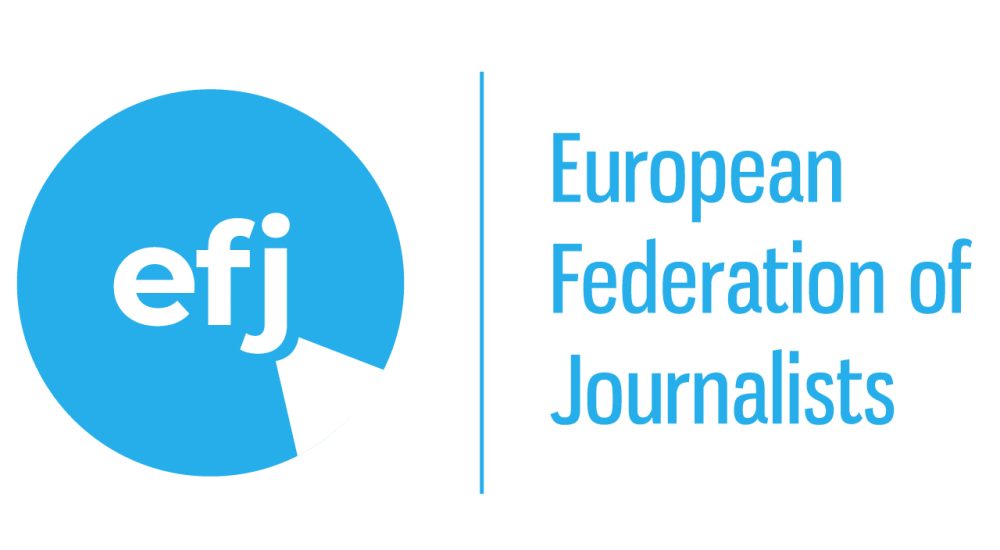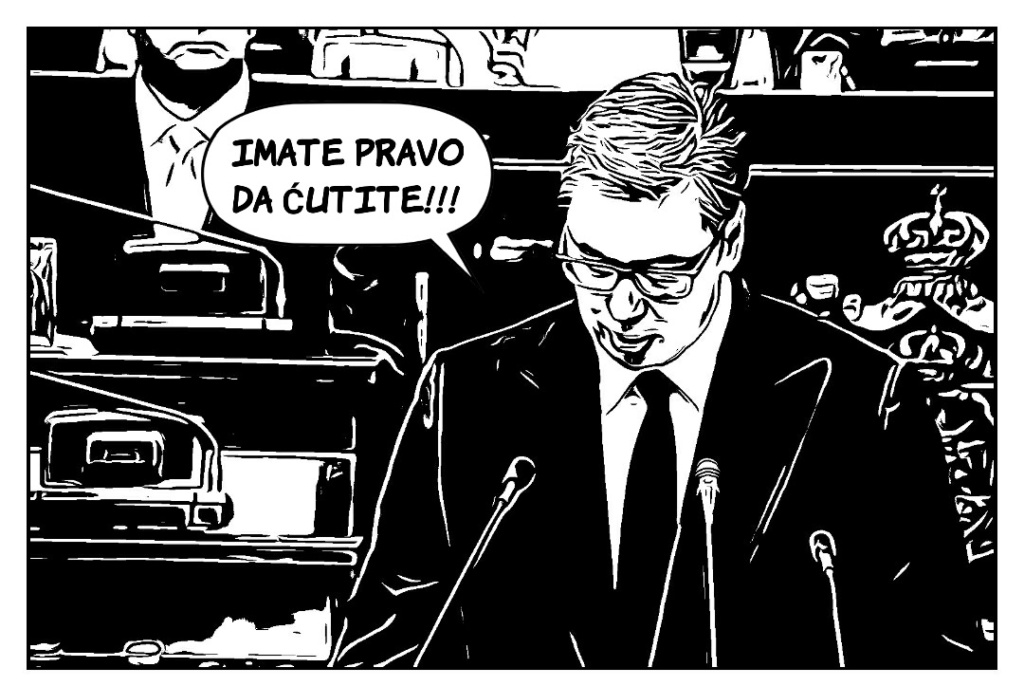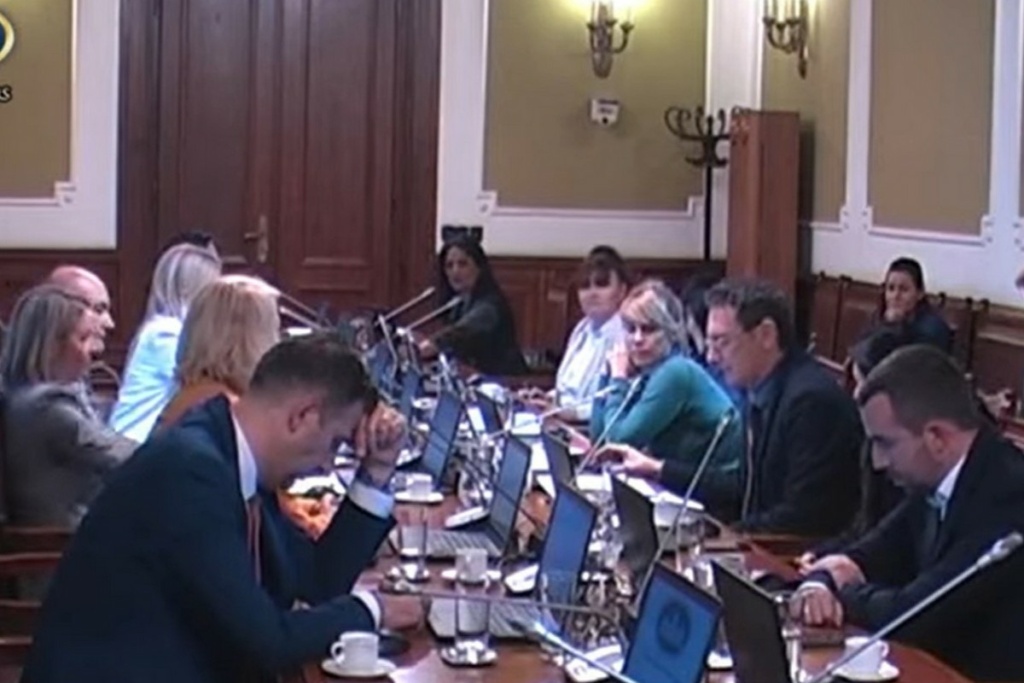
The lawsuits followed KRIK’s publication of Judge Dušanka Đorđević and her husband’s profile on the “Judge Who Judges” database on 24 January 2024. Launched in 2021, this database is a public source monitoring information on the Serbian judiciary. After the database was updated with information about Judge Đorđević and her husband, KRIK was notified of the lawsuits for data protection violations on 13 May 2024. One lawsuit is criminal, based on the Criminal Code and the other one is civil, based on the Law on Contracts and Torts.
Under the civil lawsuit, the judge and her husband are requesting the court to rule that their privacy rights have been violated, to remove their information from the database, and to issue an injunction preventing KRIK from republishing the same data, including information about the judgments, on its website. Failure to do so could result in KRIK being fined €100 for every day the content is not removed. The plaintiffs are also seeking damages of approximately €6,500, as well as coverage of their legal costs.
The plaintiffs have also filed a private criminal lawsuit accusing the media and journalists of committing the criminal offence of Unauthorized Collection of Personal Data. They have asked the court to find the media outlet and journalists guilty and sentence them to imprisonment for 10 months each. They are also asking for the journalists to be banned from practicing their profession for two years. These disproportionate demands represent a serious attempt to silence KRIK’s investigation work of public interest.
According to KRIK, including the profile of Judge Đorđević and her husband, a lawyer who is also employed by the Serbian Ministry of Finance, in the database was part of the process aiming at increasing the transparency of the judicial system. KRIK contacted the judge but she refused to answer their questions.
We urge judges to refrain from abusive lawsuits, as such practices have a dangerous chilling effect on journalists and media outlets in Serbia.
We call on the Serbian government to swiftly implement the EU anti-SLAPP directive and include provisions for domestic cases to prevent such legal attacks in the future. Lawmakers should also refer to the Council of Europe’s Recommendation, which sets out robust standards that Member States must meet to ensure compliance with their human rights obligations when introducing domestic anti-SLAPP legislation.
Signed by
The Media Freedom Rapid Response
- The European Federation of Journalists (EFJ)
- OBC Transeuropa (OBCT)
- Free Press Unlimited (FPU)
- International Press Institute (IPI)
SafeJournalists Network
- Association of Journalists of Kosovo
- Association of Journalists of Macedonia
- BH Journalists Association
- Croatian Journalists’ Association
- Independent Journalists Association of Serbia
- Trade Union of Media of Montenegro



 Filmovi o novinarima i za novinare
Filmovi o novinarima i za novinare Snaga dobre priče: O mitologiji medija
Snaga dobre priče: O mitologiji medija Medijski amandmani umiru u skupštinskom mraku: Noćno zasedanje Odbora, u četiri čina
Medijski amandmani umiru u skupštinskom mraku: Noćno zasedanje Odbora, u četiri čina
Ostavljanje komentara je privremeno obustavljeno iz tehničkih razloga. Hvala na razumevanju.